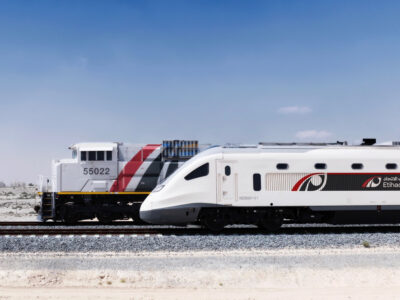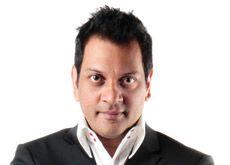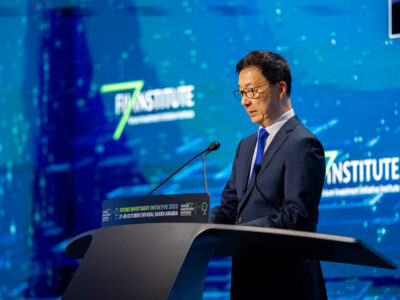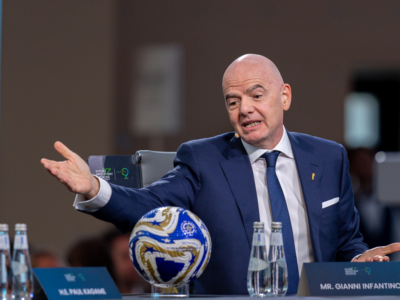If you are a shareholder in Twitter, last Thursday was a bad, bad day. The company lost a quarter of its value, nearly $8bn, when trading opened, with the shares crashing 23 percent. By the end of the day, they had recovered slightly but still registered a massive 16 percent fall.
The problem Twitter faces is whether it has already peaked. Looking at the number of new users – just 3.8 percent or 241m more in the three months from September last year – the signs are not good. Its full-year losses now stand at $645m. Worse still, there has been a huge drop in timeline views, which measures user engagement.
Put simply, not many new people are joining Twitter, and those on it are not hanging around for very long.
As anyone on Twitter will tell you, the fundamental problem with the platform is that it remains confusing to use, confusing to search, and still relatively limited when it comes to photos and videos.
Personally, I have long felt that Twitter is a fantastic platform for people to spread malicious gossip. Hard news is hard to find, and another structural problem is that unless you are on Twitter at a precise moment, you will probably miss what is being tweeted. I stopped using my own personal Twitter account three months ago and have no desire to return.
Yet when it floated last year, it was valued at $14.2bn – a figure that rocketed to $36.63bn. How can that possibly be justified? I don’t think it can.
James Gellert, chief executive of Rapid Ratings, told Bloomberg last week: “It’s at a ridiculous premium. The momentum of the stock isn’t based on the current fundamentals of the company. It’s based on the promise of the future business.”
In other words, it may have all been a case of too much hype too soon. Anyone living in Dubai can tell you how hype can lift the value of a property by nearly 50 percent in a matter of months, for absolutely no reason at all other than everyone thinks the price is going up.
Likewise, I suspect Twitter’s share price crash may in part have been caused by smart share speculators who made a fast fortune and are now getting out quickly.
According to Twitter CEO Dick Costolo, the problem is obvious: “We simply need to make Twitter a better Twitter.”
He’s right about that….








